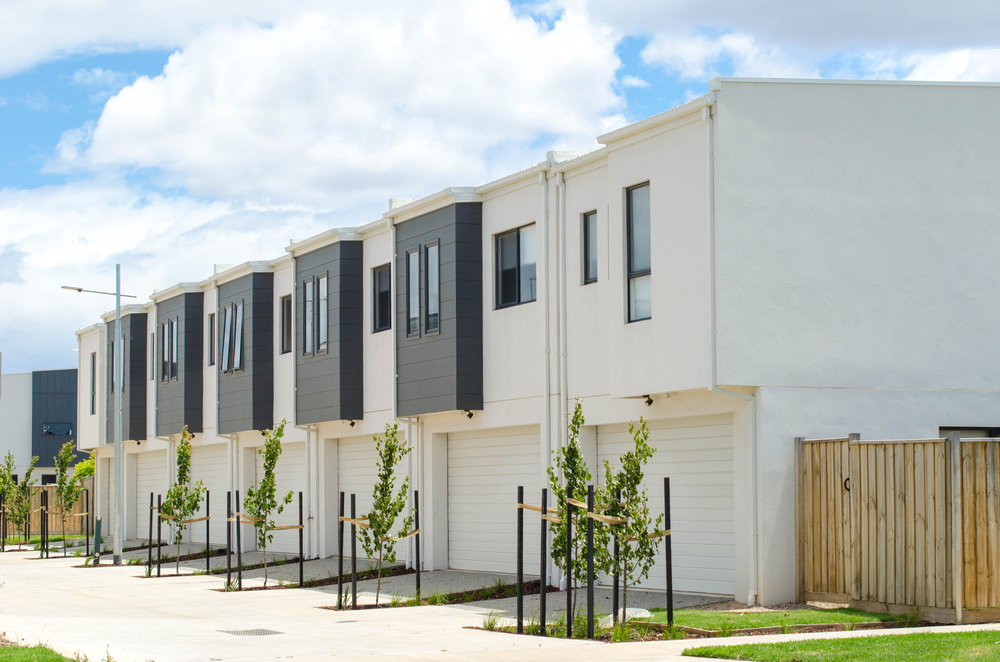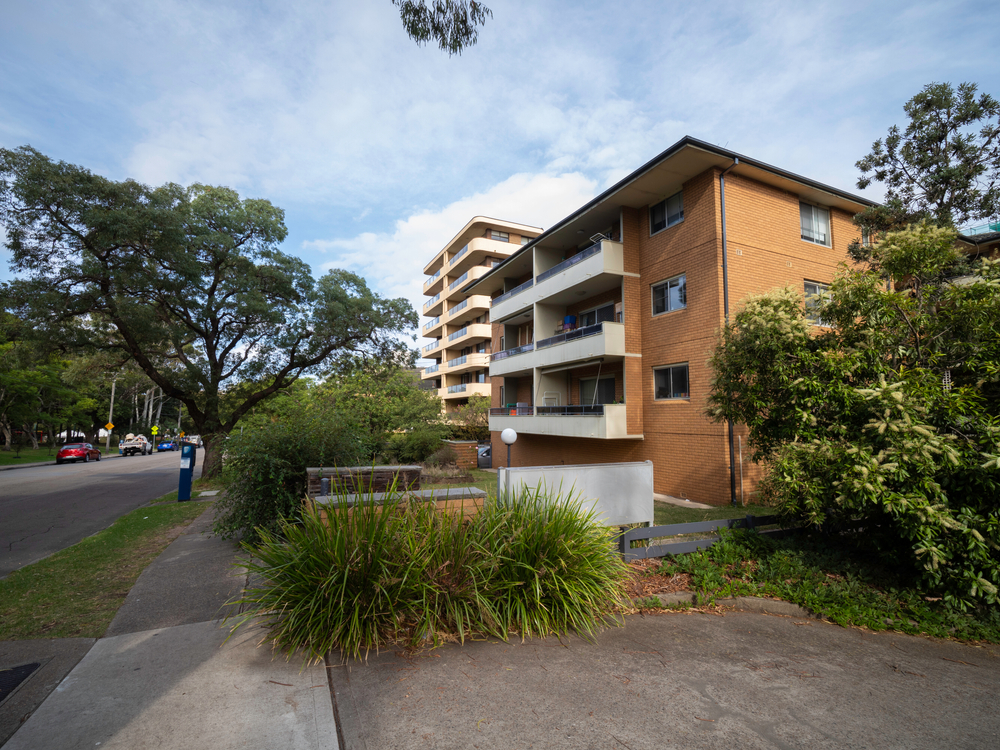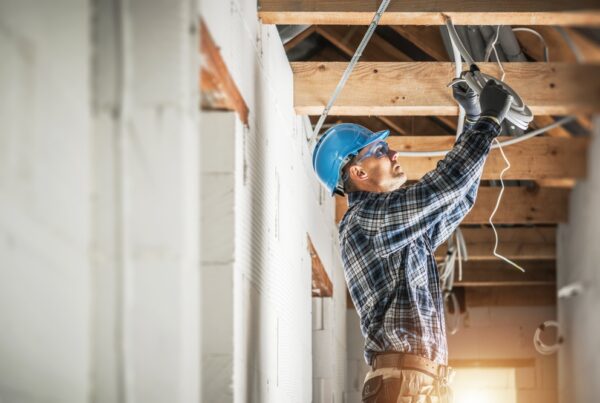At least one-in-six Australians and one-in-twenty New Zealanders now live in strata-titled properties such as apartments and townhouses, and there has been a 7 per cent growth in the number of properties in the last two years, according to a ground-breaking new report from UNSW’s City Futures Research Centre.

The Australasian Strata Insights Report 2022 provides a comprehensive picture of the strata industry in Australia and New Zealand, updating the Australian Strata Insights Report 2020. It provides an invaluable tool for policy makers instigating changes to the framework for the strata industry.
Until the release of the Australian Strata Insights report series, Australian strata data was fragmented, held by state and territory agencies with varying methods for recording data, and by multiple companies who service the sector.
This report found that in Australia, conservatively at least 16 per cent (but potentially as high as 26 per cent) of people live in strata-titled properties, with 10 per cent of the population in apartments and 6 per cent in other strata dwelling types such as townhouses, retirement villages, holiday parks and strata-titled detached housing.
The report identifies the number of strata properties, their value and the professionals employed to serve them at national and state/territory levels. It also provides information of the demographics of private apartment residents, as almost all private apartments are strata titled.
Quick report highlights:
- There has been 7 per cent growth in the number of strata-titled lots in Australia in the last two years.
- There are now more than three million strata and community-titled lots (units, townhouses etc.) in Australia.
- Strata-titled properties have an estimated insured value of almost $1.3 trillion.
- Each Australian state and territory, along with NZ, experienced growth in strata lots over the last two years.
- More than 200,000 new lots (units, townhouses etc.) were created in the last two years.
- Half (48 per cent) of people living in private apartments in Australia are 20 – 39 years old.
- Half (50 per cent) of Australia’s strata building stock was built before the year 2000, highlighting retrofitting need.
- NSW recently became the first state to surpass one million strata lots with a 9 per cent growth over 2 years.
- The ACT had the highest growth rate in the last 2 years with a 19 per cent increase in lots since 2020.
- New Zealand has 164,246 lots across 15,180 schemes, somewhere between SA and WA in terms of size.
- The report estimates that strata industry directly employs over 10,000 people and creates more than $7bn in economic activity annually.
“Both Australia and New Zealand have seen rapid growth in strata-titled dwellings, both in the last decade, and as this research shows, in the last two years,” said Professor Hazel Easthope who led the research project team at UNSW.
“This increase reflects population growth as well as government policies to promote urban consolidation – that is, building up, rather than out – within existing urban areas.
“Strata-title property ownership was introduced in Australia in the 1960s. Strata developments have grown from an initial concentration in a few small pockets of urban areas, to become an important feature of the housing landscape across Australia and New Zealand,” she said.
SCA National President Chris Duggan said that the data shows just how important strata-titled living is to Australia.
“The strata-living juggernaut continues to gather pace across Australia and New Zealand.
“In 2023, people value access to work, shopping, entertainment and recreational amenity more than any other time in our history, and strata living is leading the charge to fulfilling these needs.
“Strata living serves as both a preferred housing choice for discerning owners wanting best in class location and amenity and also as a cost effective entry point to the market, whether rental or ownership, providing immediate answers to the cost of living crisis and housing affordability as more stock enters the market.
“For the millions of Australians who currently live in strata, and for the millions who will be fresh entrants in the coming decades, we need to ensure better planning, better building quality and better governing regulation to improve quality of living.
“Governments and the property industry must come together to coordinate policy solutions that take into account these factors, as well as ageing building stock, the current construction slowdown, population growth and housing shortages, and we will be out there on the front foot with the data and insights from this report,” he said.
The project was led by Professor Hazel Easthope with Danielle Hynes, Dr Yi Lu and Reg Wade from UNSW’s City Futures Research Centre as project team members.
This project was funded by Strata Community Association.
Read the full report – Australasian Strata Insights Report 2022









